Overweight and obesity affect 74 percent, or roughly three out of every four Americans. This rate is projected to increase to 80 percent over the next decade—or sooner, because of the increase in weight gained during the pandemic,” says Katherine H. Saunders MD ’11. Katherine is an assistant professor of clinical medicine at Weill Cornell Medicine who specializes in the care of patients with obesity and weight-related medical complications.
Katherine explains that the advice many patients receive—to eat less and exercise more—often fails to address the problem. “Overweight and obesity are misunderstood medical conditions that are more complex than calories in and calories out,” she explains.
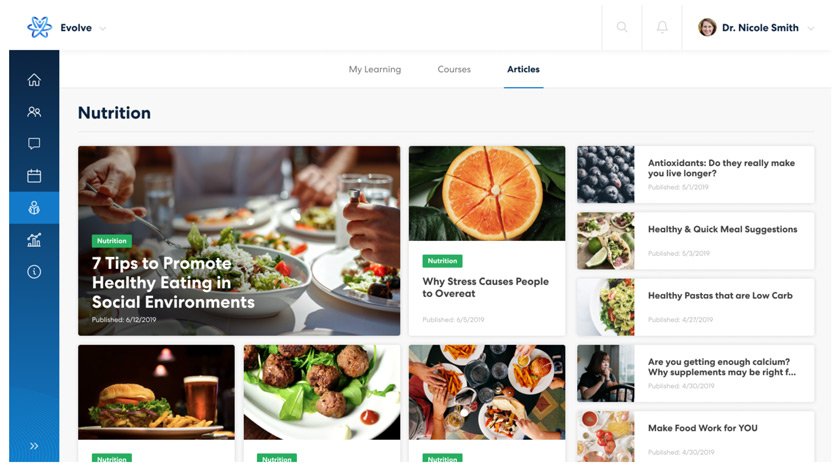
The good news is that there are medically based approaches that work, Katherine says. The key is to create personalized, medical treatment plans which address both the underlying factors that lead to weight gain and the barriers that prevent weight loss.
“There are specific factors and barriers associated with each patient’s weight, and these factors depend on stage of life, specific health conditions, and many other variables,” Katherine says. “There is so much we can do to address these factors!”
Accessing tools for success through tech
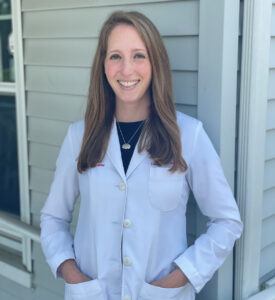
Obesity medicine is a relatively new field, and Katherine is one of just 75 fellowship-trained obesity medicine physicians nationwide. She was the first clinical fellow in obesity medicine at the Weill Cornell Medicine’s Comprehensive Weight Control Center and trained under Dr. Louis J. Aronne, director of the center and the Sanford I. Weill Professor of Metabolic Research at Weill Cornell.
Katherine says there are fewer than 6,000 board-certified obesity medicine physicians across the entire U.S., which is less than 1 percent of the nation’s 920,000 board certified doctors. This means that the vast majority of our nation’s healthcare providers are not trained to address their patients’ weight. “There is minimal medical training on what obesity is and how to treat it,” she says, adding, “This is why most health professionals don’t know how to help their patients lose weight.”
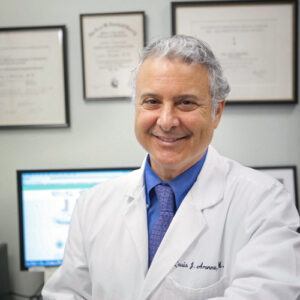
A few years ago, Louis, Katherine, and Katherine’s husband Sloan Saunders decided to use technology to give more healthcare providers the tools they need to effectively treat overweight and obesity. They created an online platform, Evolve, based on medical protocols and guidelines that Louis has developed over the course of his 30-year career working in obesity medicine. “Our software platform assists healthcare providers to practice specialized obesity medicine,” Katherine says.
In 2017 the team founded a startup, Intellihealth, with plans to scale up and reach more providers and patients. Louis is co-founder, chief scientific advisor, and a member of the board of directors for Intellihealth; and Katherine is co-founder and senior medical advisor for Intellihealth.
Securing the means to reach more providers and patients
Intellihealth won the 2021 Women at Weill investment competition, designed to support outstanding women innovators at Weill Cornell Medicine. “We wanted to create an opportunity to fund and champion women in our ecosystem,” explains Dr. Jahan Ali, director of the BioVenture eLab, which is part of the Office of BioPharma Alliances and Research Collaborations at Weill Cornell Medicine and provides resources to faculty, staff, and students interested in entrepreneurship.
The first Women at Weill investment competition provided seed funding to Intellihealth—to help the company scale up and put medically based tools to manage overweight and obesity into the hands of more providers. “Evolve is designed to help people who have repeatedly failed traditional weight loss programs lose 2-3x more weight and, more importantly, sustain that weight loss long-term,” says Katherine.
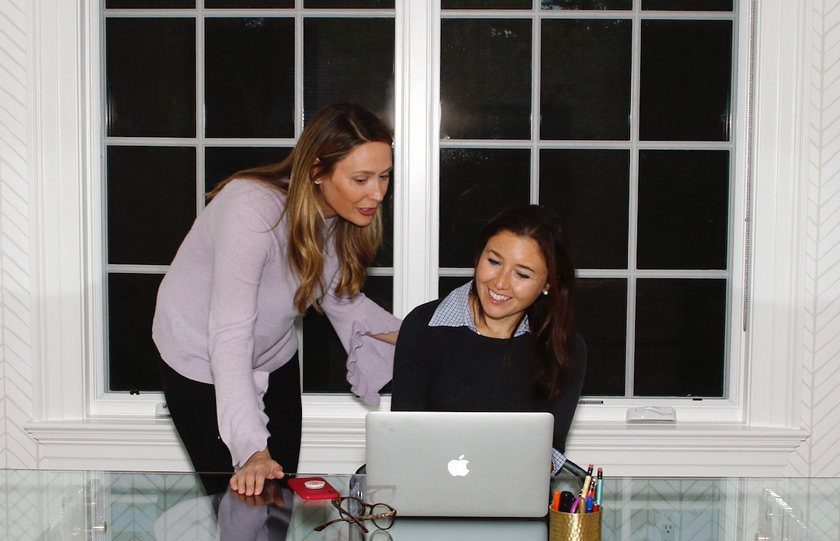
“There’s so much demand for obesity treatment, but not enough Katherines,” says Meghan Cross Breeden ’08, a partner at AmpifyHer Ventures, the venture capital fund that partnered with Weill Cornell Medicine to launch the Women at Weill competition. “We see Intellihealth as a software solution that can equip providers with both the expertise of Dr. Saunders and Dr. Aronne, as well as the tools they need to treat their patients.”
Creating synergies to do the greatest good
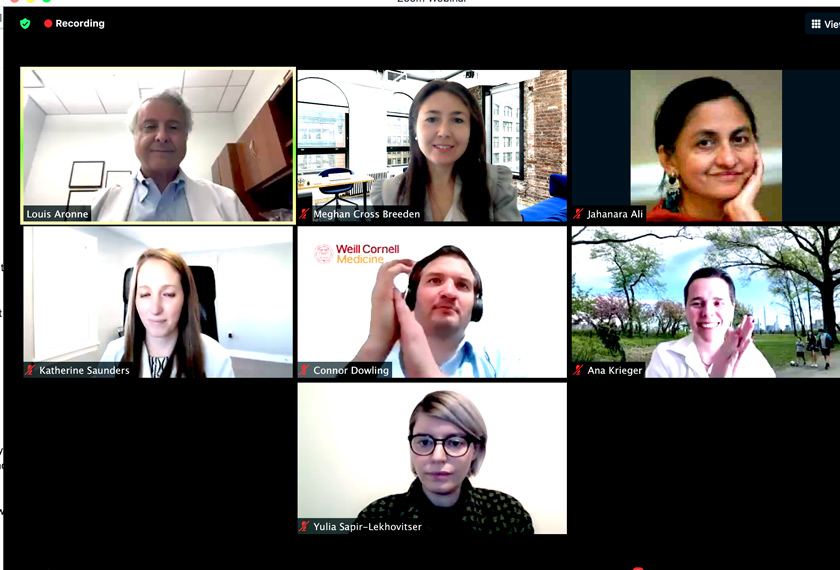
Katherine is just one of many women at Weill Cornell Medicine who are pioneering innovations across medicine and healthcare. “We started the Women at Weill initiative as a way for us to come to them,” Meghan says. “The idea was to create a frictionless, convenient way for women who have their heads down working on innovations to share their investment opportunities with investors.”
Four of the five members of the Women at Weill selection committee are Cornell alumni:
- Beckie Robertson ’82, managing director, Versant Ventures
- Howard Morgan PhD ’68, chairman, B Capital Group
- Scott Nolan ’03, MEng ’04, partner, Founders Fund
- Meghan Cross Breeden ’08, partner, AmplifyHer Ventures
- Tricia Black, partner, AmplifyHer Ventures
The committee received a favorable response to the first competition, including promising innovations in sleep health and wound healing:
- BioSleep software connects with oximeters for self-monitoring of sleep and screening for sleep apnea and other sleep disturbances. The product is already demonstrating 90 percent accuracy according to co-founder Dr. Ana Krieger, who heads up the Weill Cornell Center for Sleep Medicine.
- Fesarius Therapeutics has developed a new kind of bandage scaffold, used for rapid skin graft procedures. DermaSphere was invented by Dr. Jason Spector ’91, chief of the Division of Plastic and Reconstructive Surgery at Weill Cornell Medicine. Jason is co-founder of Fesarius and a member of its Board of Directors.
The selection committee was impressed by “the sheer quality and quantity of innovations coming out of Weill Cornell Medicine,” Meghan says, adding, “The Cornell venture community is a very rich source of investment opportunities.”


